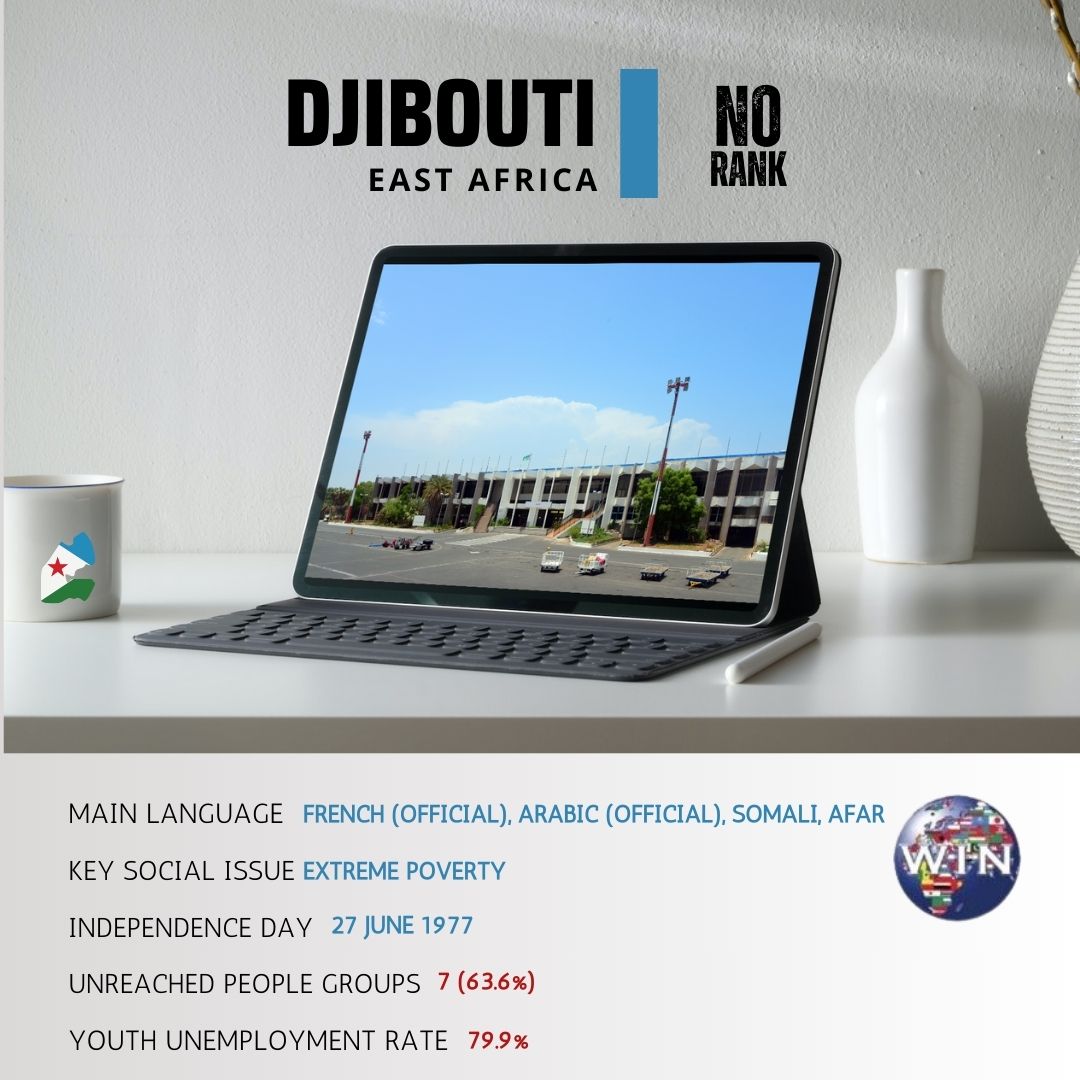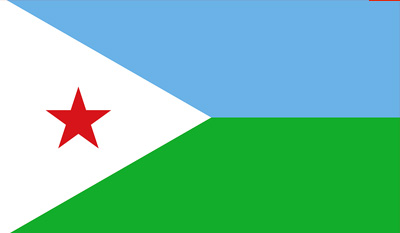Day 17
Djibouti
Poverty remains a significant challenge in Djibouti. About 79% of the population lives in poverty, with 42% living in extreme poverty. The country experiences a hot and dry climate, with temperatures often soaring above 40°C (104°F) during the day. This desert-like environment limits agricultural productivity, leaving the country heavily reliant on food imports. Djibouti has one of the highest living costs in the region, mainly due to its reliance on imports for food and other essential goods. This high cost of living disproportionately affects low-income people who struggle to afford necessities.
Almighty GOD, we, as Your children, humble ourselves and seek Your face for the nation of Djibouti. LORD, heal and bless their land with many natural resources (The Holy Bible, 2 Chronicles 7:14).
Father GOD, we pray for Your divine provision for all the people suffering poverty in Djibouti (The Holy Bible, Ruth 2:20).
Djibouti is in the Horn of Africa. This East African country enjoys strategic importance to both Western powers and China. French, German, and US troops have a presence in Djibouti. Unable to cultivate their crops beyond tomatoes and dates, the country heavily depends on revenues from foreign military bases. Djiboutians have freedom of religion. However, no evangelism or promotion of any other religion apart from Islam is possible. The Muslim-majority country hosts 57% of the population under 30 years.



